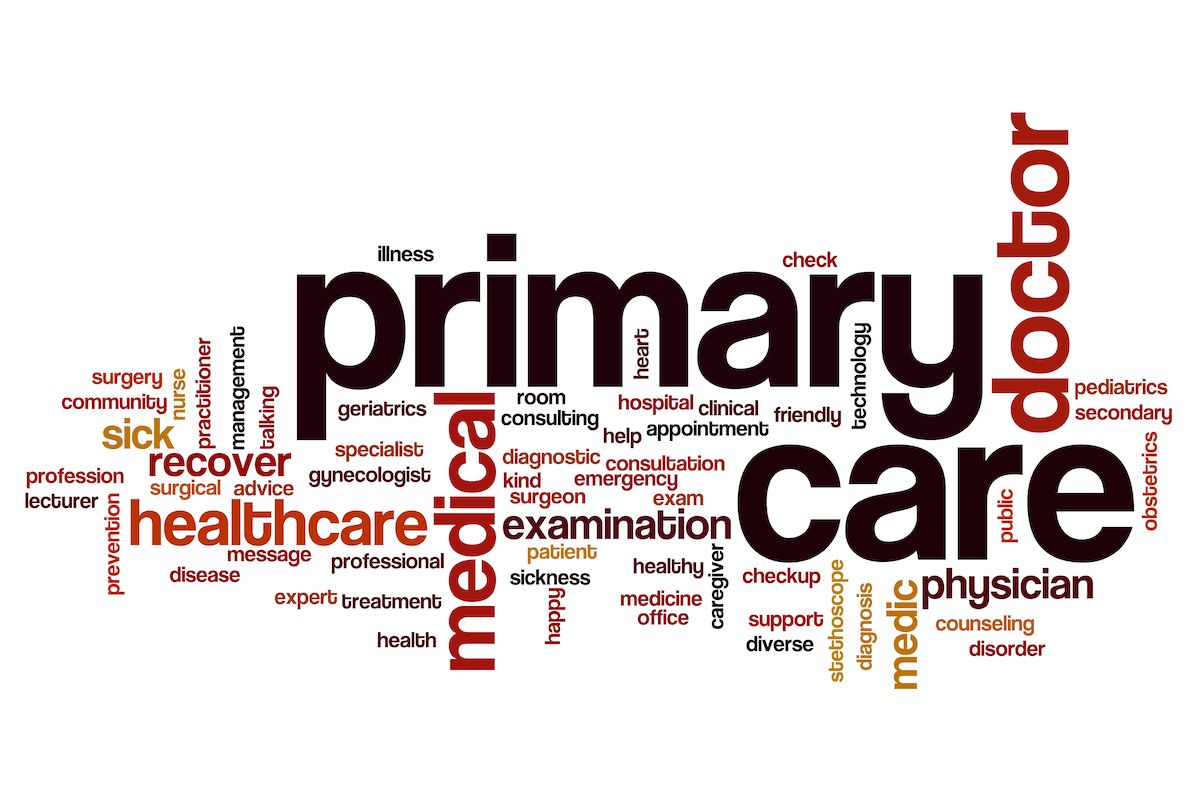Article
Health care workers can face the same moral injury rates as combat veterans
Author(s):
COVID-19 has caused psychological harm to many health care workers
A study on the psyche of health care workers during the pandemic has found moral injury rates comparable to those of combat veterans. Moral injuries are defined as actions that conflict with values and beliefs, causing psychological harm.
The study was published in the Journal of General Internal Medicine.
According to researchers, the potential for moral injury is relatively high among combat veterans and COVID-19 health care workers, with deleterious consequences for mental health and burnout. Preventing moral injury in health care workers may require similar intervention and prevention efforts as those used with veterans.
Among military personnel, the killing of civilians or enemy combatants is frequently cited as an example of a potentially morally injurious experience, though the range of phenomena that could be experienced as morally injurious is quite broad. Research with veterans has consistently found higher levels of moral injury to be related to greater psychiatric symptomatology on measures of posttraumatic stress disorder, depression, alcohol and substance abuse, and suicidality.
Other research among veterans has demonstrated that the distinguishing features of moral injury (e.g., guilt, shame, feeling betrayed) are not just conceptually distinct from other psychiatric problems but are neurologically distinct from symptoms of PTSD. With the onset of the COVID-19 pandemic, some researchers have suggested that moral injury as observed within veterans might be occurring among healthcare workers.
While there are important differences between military and health care contexts, both combat and the COVID-19 pandemic have placed individuals in high-stakes situations with the potential for moral harm. Throughout the COVID-19 pandemic, substantial mental health struggles have been noted in health care workers. A recent systematic review reported depression, anxiety, and PTSD prevalence of 22% each. Burnout rates among health care workers have been reported above 50%. Although the extent to which these challenges may be clinical manifestations of moral injury is not well understood, emerging research suggests that experiences of moral distress among health care workers may be relatively common.
The researchers relied on data from 618 post-9/11 combat veterans and a separate survey of 2,099 healthcare workers enrolled in the Healthcare Worker Exposure Response & Outcomes (HERO) Registry. Veterans were asked about moral experiences in the context of their military service, while health care workers were asked about their experiences during COVID-19.
Healthcare workers noted that witnessing the public’s disregard for preventing COVID-19 transmission, seeing people dying, experiencing staffing shortages, rationing personal protective equipment, and enforcing policies not allowing visitors to witness dying patients were among the experiences that conflicted with their moral values.
Newsletter
Stay informed and empowered with Medical Economics enewsletter, delivering expert insights, financial strategies, practice management tips and technology trends — tailored for today’s physicians.





